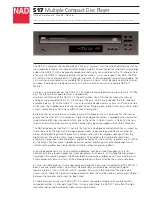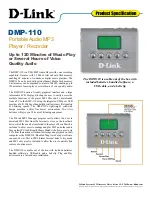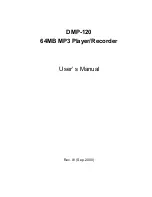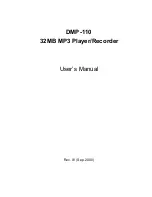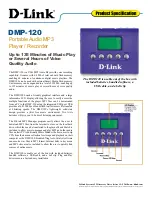
Primers and Information B-4
About USB
An older serial input/output technology than IEEE 1394, USB is commonly used for lower-speed input
devices, such as printers, scanners, mice, keyboards, cameras and other devices connected to your
computer. A USB device is self-configuring and has the same “hot swap” capability as 1394. You can
connect up to 127 devices per computer.
Although USB transfers are faster than most parallel or serial port transfers, high speed devices like CD-
Recorders and portable hard disk drives will probably be 1394-enabled.
About
IEEE1394
Also known as FireWire™, IEEE 1394 is high-speed serial input/output technology for connecting
devices to a your computer. Originally developed by Apple™, it is now an official industry standard.
While similar to USB, 1394 is more suited to high-speed multimedia devices such as video camcorders,
synthesizers, hard disks and other mass data storage media. Like USB, 1394 offers incredible
convenience with “hot swap” capability. This means that you do not have to turn off or restart your
computer when attaching or detaching your NOMAD Jukebox 3.
1394 supports up to 63 devices per computer, and provides devices with power. It also features automatic
configuration, with no device IDs or terminators required. 1394 ports support data transfer rates of up to
400 Mbps or 400 million bits per second. 1394 devices are self-configuring.
Summary of Contents for NOMAN Jukebox 3
Page 9: ...Introduction...
Page 17: ...1 About NOMAD Jukebox 3...
Page 29: ...2 Setting Up Your Player...
Page 42: ...3 Using Your Player...
Page 71: ...4 Using Applications...
Page 80: ...A Glossary...
Page 91: ...B Primers and Information...
Page 104: ...C Handling Instructions...
Page 107: ...D Technical Specifications Error Diagrams...
Page 112: ...E FAQs and Troubleshooting...
Page 118: ...F Technical Support...































